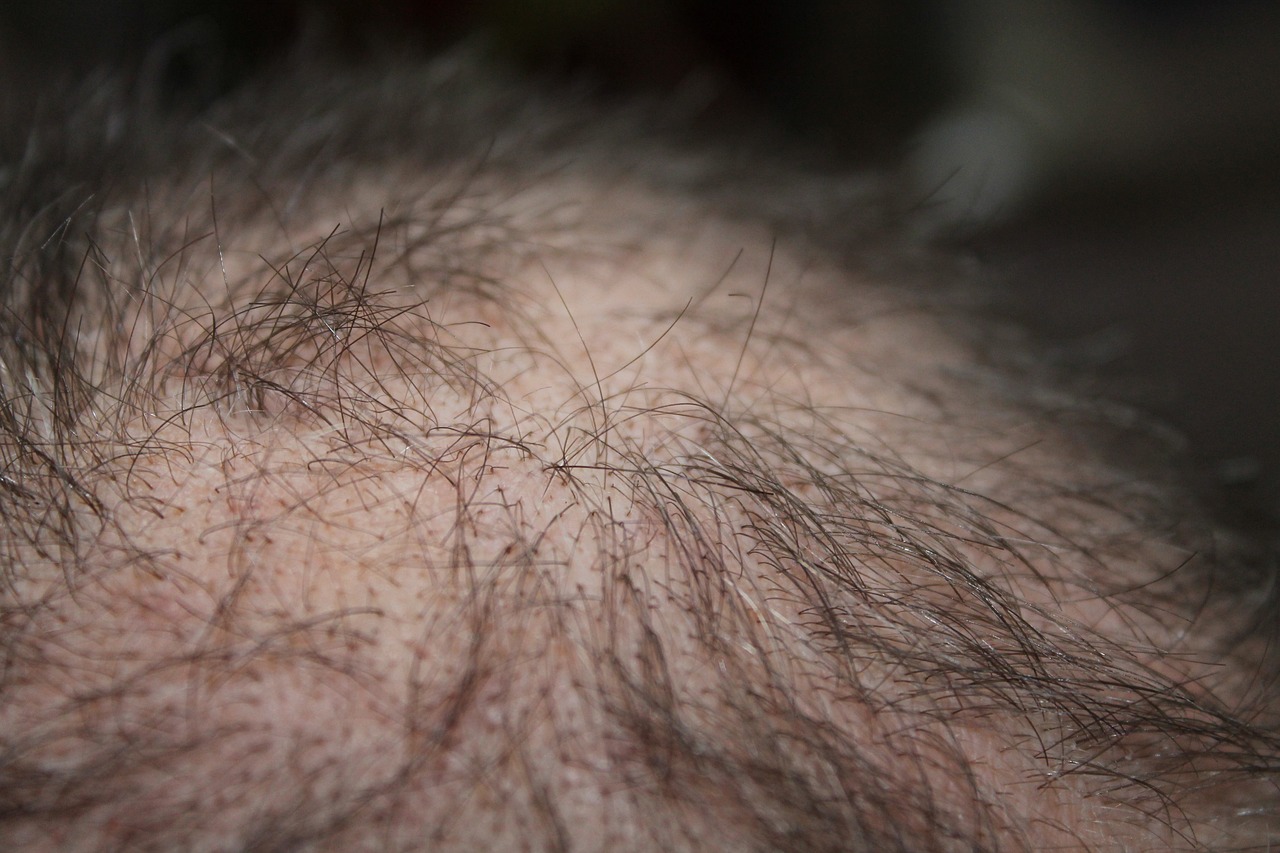Finasteride is a medication known for its effectiveness in treating hair loss and benign prostatic hyperplasia (BPH), or enlarged prostate. It belongs to a class of drugs called 5-alpha-reductase inhibitors, which work by blocking the conversion of testosterone into dihydrotestosterone (DHT), a hormone that contributes to hair loss and prostate enlargement. This article explores the uses, benefits, and potential side effects of finasteride in detail.
Understanding Hair Loss and BPH
Hair loss, medically known as alopecia, is a common condition that affects millions of people worldwide. It can be caused by various factors, including genetics, hormonal changes, and aging. BPH, on the other hand, is a non-cancerous enlargement of the prostate gland that can cause urinary symptoms. Both conditions can have a significant impact on a person’s quality of life.
Uses of Finasteride in Hair Loss
Finasteride is primarily used to treat male pattern hair loss, also known as androgenetic alopecia. It is available in oral tablet form and works by reducing the levels of DHT in the scalp, which can help to slow down hair loss and promote hair regrowth. Finasteride is not approved for use in women, as it can cause birth defects in male fetuses.
Uses of Finasteride in BPH
In addition to its use in treating hair loss, it is also used to treat BPH. By reducing the size of the prostate gland, it can help to relieve symptoms such as frequent urination, especially at night, difficulty starting or maintaining a urine stream, and a weak urine stream. Finasteride is often used in combination with other medications, such as alpha-blockers, to treat BPH.
Benefits of Finasteride
One of the main benefits of finasteride is its effectiveness in treating hair loss and BPH. Clinical studies have shown that it can significantly reduce hair loss and promote hair regrowth in men with male pattern baldness. Similarly, finasteride has been shown to reduce the size of the prostate gland and improve urinary symptoms in men with BPH.
Side Effects and Considerations
Like all medications, finasteride can cause side effects in some people. The most common side effects of it include decreased libido, erectile dysfunction, and decreased ejaculate volume. In rare cases, it can also cause more serious side effects, such as allergic reactions or breast cancer. It is important to discuss any concerns with your healthcare provider before starting finasteride.
Conclusion
In conclusion, it is a medication that is commonly used to treat hair loss and BPH. It works by blocking the conversion of testosterone into DHT, a hormone that contributes to hair loss and prostate enlargement. It is effective in treating these conditions, but it can cause side effects in some people. If you are considering finasteride treatment, it is important to discuss the potential benefits and risks with your healthcare provider to determine if it is right for you.

